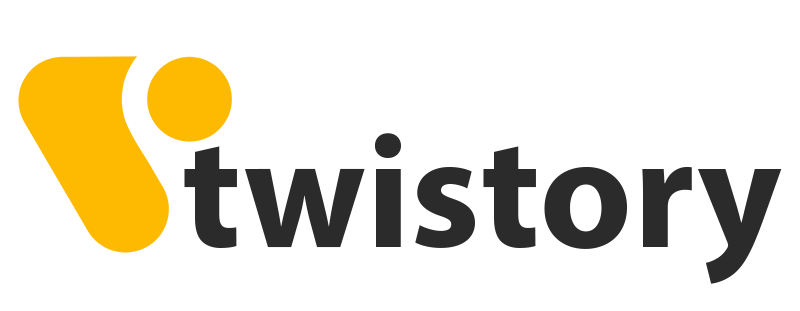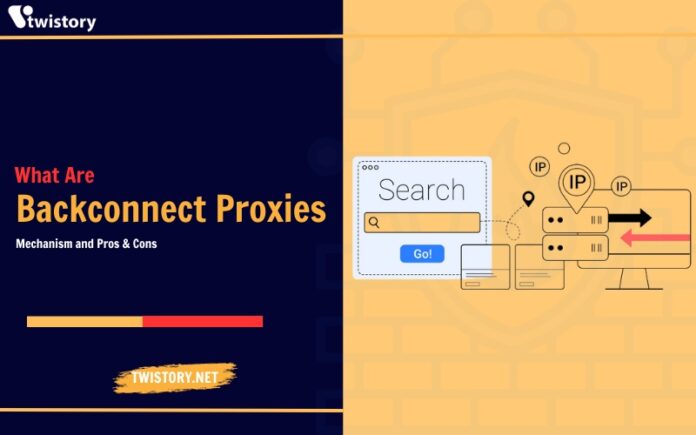Web scraping is a powerful tool for gathering public data from websites, useful in various applications such as price comparisons, market research, and ad verification. However, the process can be hindered by blockades, which can take the form of IP blocking or rate-blocking. These blockades can prevent access based on the request’s IP address or the number of requests made. This article delves into how backconnect proxies can effectively circumvent these obstacles.
What Are Backconnect Proxies?
A backconnect proxy is essentially a server that houses a pool of ordinary proxies, which are activated with each request made. These proxies are routinely and automatically rotated, ensuring that each request dispatches a unique IP address to the website from which public data is being collected. As such, your concealed IP address navigates through a distinct proxy with each request. This makes it increasingly challenging for the target website to identify your web scraping activities.
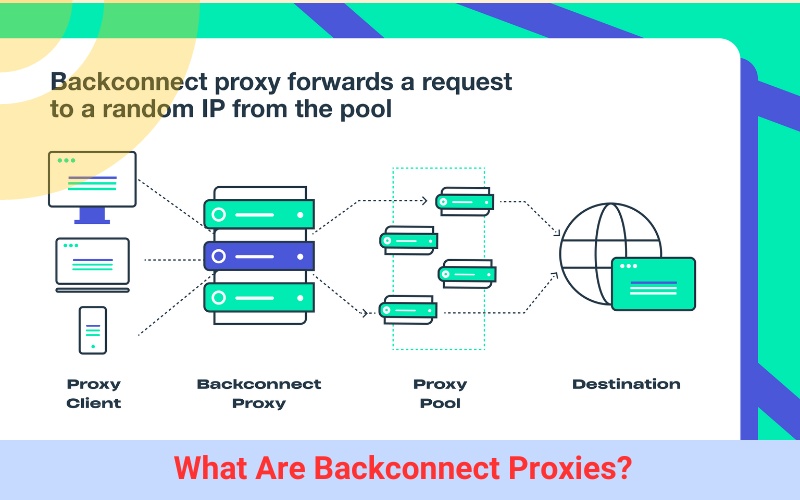
Explore more: What is a Private Proxy? Ultimate Guide for 2023
How Does a Backconnect Proxies Work?
In essence, a backconnect proxy simplifies the complexities often encountered during web browsing. This is achieved through the following process:
- A request is initiated from a concealed IP address
- This request is routed through one of the numerous proxies within the proxy pool
- The request then reaches the target website
- The website responds with the requested public information, which is relayed back to you via the same proxy
- Subsequent requests are made
- Each new request is channeled through a different proxy, reaching the website just as before
- The website, once again, provides the requested public information
This cycle repeats with each request made to the target website. Backconnect proxies thus enable you to successfully make millions of requests daily.
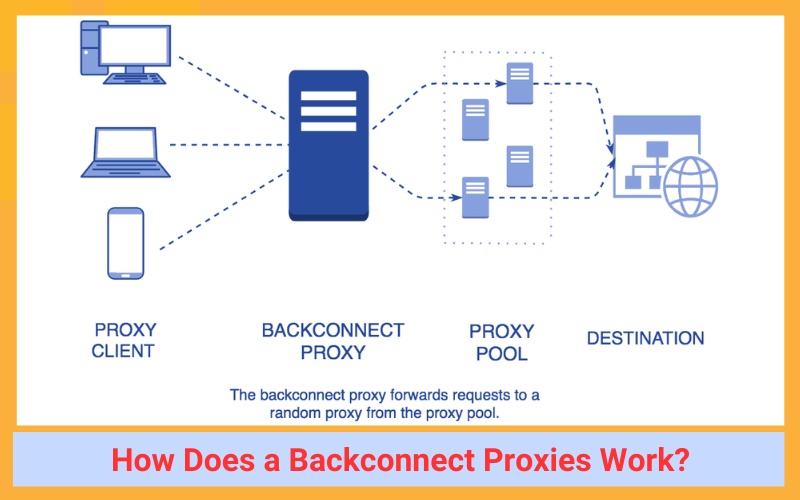
Evaluating Backconnect Proxies: Advantages & Disadvantages
To gain a comprehensive understanding of a backconnect proxy, it’s crucial to be aware of both its benefits and drawbacks.
Advantages of Backconnect Proxies
- Time-saving: Time efficiency is perhaps the primary reason why backconnect proxies are favored for web scraping. The network of backconnect proxies operates on a rotation system, which assigns different proxies to different requests. This allows for multiple requests to be made per minute, significantly reducing the time spent. Furthermore, the automatic rotation of proxies eliminates the need for manual maintenance, adding to the convenience.
- No request limitations: Backconnect proxies are instrumental in web scraping as they bypass rate limits. Rate limits restrict the number of requests a proxy can make to a target website. Once this limit is surpassed, the website bans the proxy from accessing its information. Backconnect proxies tackle this issue by continually rotating your IP address across different proxies for each request, thereby eliminating any imposed restrictions.
- High anonymity: Backconnect proxies enhance anonymity, a crucial factor for successful web scraping. Many websites are programmed to block unmasked IP addresses, making anonymity a necessity to avoid such bans. A backconnect proxy provides this level of anonymity while preserving the efficiency of your scraping software.
- Good IP security: Backconnect proxies also bolster the security of IP addresses. Web scraping inherently carries a risk of exposure to harmful content. If your IP address is successfully targeted and compromised, the repercussions could range from a significant temporary disruption to a total cessation of your web scraping endeavors. As the backconnect proxy serves as an intermediary between you and the website server, it plays a crucial role in ensuring that any information laden with malicious content does not reach you. Thus, it safeguards you and your IP address from potential threats.
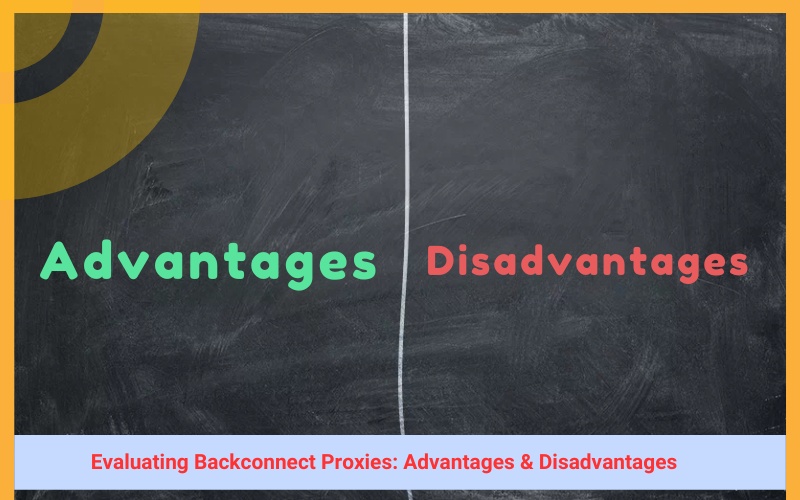
Disadvantages of Backconnect Proxies
- High cost: Backconnect proxies, while offering enhanced security and anonymity, unlimited requests, and faster data extraction, do come with a higher price tag. This is why they are typically costlier than other types of proxies. However, if you’re seeking a dependable and efficient solution for web scraping, a residential proxy could be one of the most worthwhile investments you can make.
- Unstable speed: At times, backconnect proxies may face speed-related issues. You might find that the proxy isn’t processing requests or returning information to your server as quickly as needed, which could impact your overall productivity. However, this drawback typically only surfaces when the backconnect proxy network is significantly distanced from your scraping server or the target server.
Conclusion on Backconnect Proxies
Web scraping, when executed properly, can be highly beneficial and profitable. The use of a backconnect proxy can enhance your web scraping process, eliminating the need to contend with IP blocks, rate limits, and other potential hurdles. It’s crucial to select a trustworthy proxy service provider to fully leverage the benefits of proxies without encountering any issues. Don’t forget to follow Twistory for more interesting and useful information!
>>See more related articles:
What is a Mobile Proxy? How does it function and work?
What is a Transparent Proxy? Definition, Functions & Applications
What is an Anonymous Proxy and How Does It Operate?
